
Disability Representation and Inclusion within Academic Medicine
-
Register
- User - Free!
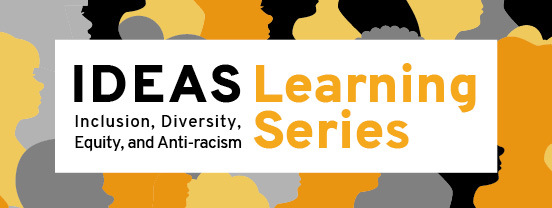
This webinar series during April 2024 will feature members of the disability community and disability experts from across the continuum to discuss the need for increased representation and inclusion of people with disabilities in academic medicine. These webinars are open to all and will include topics relevant to both physicians and researchers, as well as those individuals in the education and training stages of their career.
From this series, attendees can gain key information on how they can support the inclusion of students and faculty at their institutions as well as their disability resource offices. After participating in these webinars, attendees should be able to:
- Gain understanding of the lived experiences of people with disabilities involved in academic medicine.
- Identify sources of support, resources, and programs that have supported students and faculty with disabilities in academic medicine.
- Identify areas for improvement to increase accessibility and the inclusion of people with disabilities.
- Understand the roles of disability resource professionals (DRPs) in supporting people with disabilities at their institutions.
About IDEAS
The AAMC IDEAS (Inclusion, Diversity, Equity, Anti-racism) Learning Series provides actionable information about DEI strategies that you can put into practice to become a more effective and successful leader, educator, and member of the academic medicine community.
-
Contains 2 Component(s) Recorded On: 04/02/2024
This webinar will focus on becoming a researcher in academic medicine and hearing from researchers with disabilities on how they have navigated and experienced graduate education, training, and beyond.
This webinar will focus on becoming a researcher in academic medicine and hearing from researchers with disabilities on how they have navigated and experienced graduate education, training, and beyond, and from faculty on navigating and self-advocating through challenges in both the classroom and lab. Topics will include applying for graduate school and postdoctoral positions, selecting faculty advisors and mentors, unique challenges in the classroom and lab environment, and sources of institutional and community support.
This webinar will bring together panelists from across the career spectrum, both researchers and those who support them, to share their varied perspectives on inclusion and accessibility in research settings.
Learning Objectives:
- Gain insight into the challenges and successes experienced first-hand by individuals with disabilities entering and thriving in research careers.
- Increase awareness of how disability can impact each individual differently within classroom and lab settings.
- Provide practical examples of how to support researchers with disabilities, and further understanding of how this improves the research environment for all.
About IDEAS
The AAMC IDEAS Learning Series provides actionable information about strategies that you can put into practice to become a more effective and successful leader, educator, and member of the academic medicine community.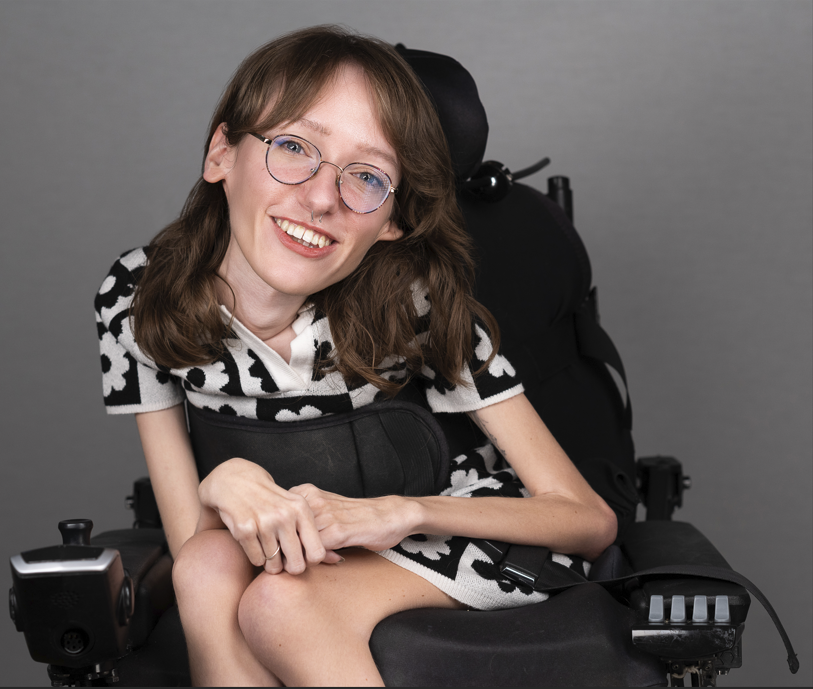
Emily Ackerman, PhD (She/Her)
Postdoctoral Researcher, Harvard Medical School
Dr. Emily Ackerman is a postdoctoral researcher in Systems Biology at Harvard Medical School. As a disabled researcher, Emily is devoted to activism surrounding disability justice both inside and outside of academia with a particular interest in the interaction between disability, technology, and education. She has served as a committee member in two NASEM projects which assess and discuss disability and accessibility in STEM environments (Leading Practices for Improving Accessibility and Inclusion in Field, Laboratory, and Computational Science – A Conversation Series, and Beyond Compliance: Promoting the Success of People with Disabilities in the STEM Workforce), and currently holds a second appointment with the HMS Systems Biology department as a Disability Advisor. In addition, she has published writings and spoken publicly on her identity as a disabled woman in computational science and her experience with the way science and technology fields exclude disabled voices.
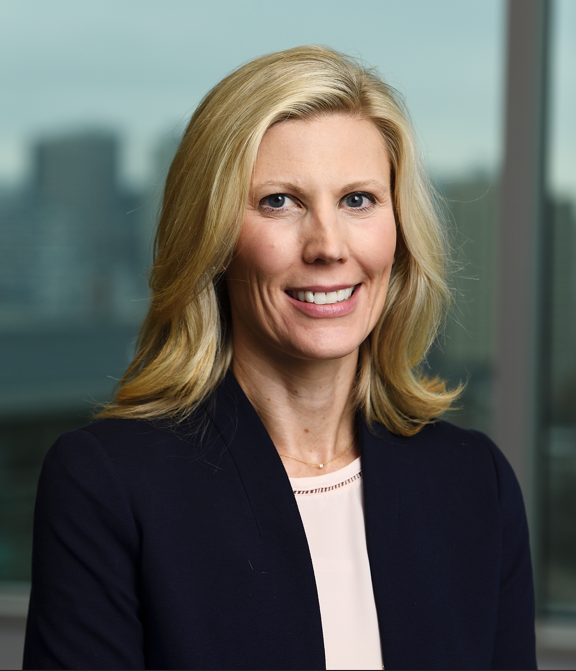
Bonnielin Swenor, PhD, MPH (She/Her)
Director of the Johns Hopkins Disability Health Research Center; Endowed Professor of Disability Health and Justice, Johns Hopkins University
Bonnielin Swenor is an epidemiologist and the Endowed Professor of Disability Health and Justice at The Johns Hopkins School of Nursing and holds joint appointments at the Johns Hopkins School of Medicine and the Johns Hopkins Bloomberg School of Public Health. She is the founder and director of the Johns Hopkins Disability Health Research Center, which aims to shift the paradigm from ‘living with a disability’ to ‘thriving with a disability’. Motivated by her personal experience with a visual disability, her work takes a data-driven approach to advancing equity for people with disabilities and promoting disability inclusion and accessibility, with a focus on improving and expanding disability data collection. Dr. Swenor has provided advice and expertise on disability data, equity, and accessibility to multiple organizations and agencies. Recently, she was a speaker at the White House Office of Science and Technology Policy (OSTP) Summit on Equity and Excellence in STEMM, served as chair of the National Academy of Science, Engineering, and Medicine (NASEM) planning committee for the Disrupting Ableism and Advancing STEM series, co-chaired the NIH Advisory Committee to the Director (ACD) Subgroup on Individuals with Disabilities, and served as a member of the Centers for Disease Control and Prevention (CDC) ACD Health Equity Workgroup.
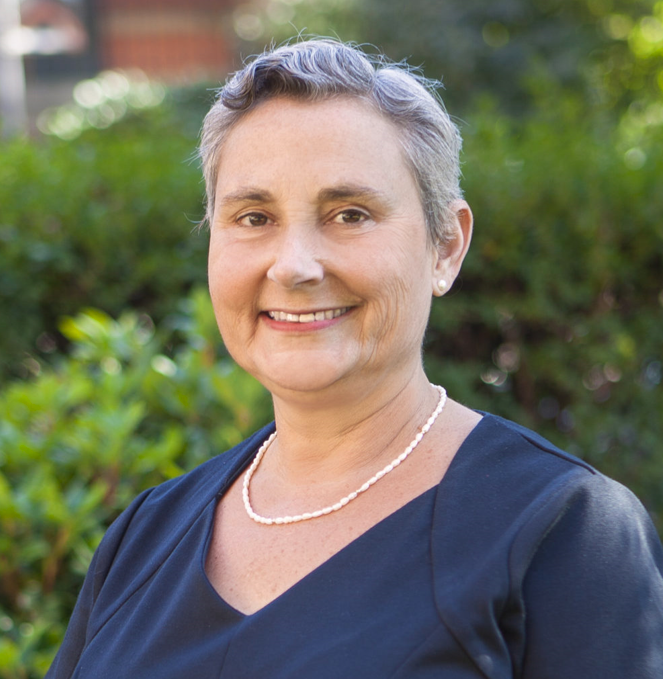
Theresa A. Davies, PhD (She/Her)
Assistant Dean, Master’s Programs; Director, MS in Oral Health Science Program; GMS Disabilities & Access Services Liaison, Graduate Medical Sciences, Boston University Chobanian & Avedisian School of Medicine
Dr. Davies began her tenure at Boston University in the Biochemistry Department over 30 years ago investigating the role of the blood brain barrier in Alzheimer’s disease and amyloid deposition. More recently, she has served as Director of the BU Master of Science in Oral Health Sciences (OHS) program, a credential-enhancing pipeline program with a mission to increase the number of students entering the field of dentistry from underrepresented groups.
In 2017, Dr. Davies assumed a new role in Graduate Medical Sciences (GMS), the graduate arm of the medical school with more than 30 different masters and doctoral programs, as Assistant Dean. In that role, she has served as the GMS Liaison for Disability & Access Services (DAS). Although not a role she sought out, she has become truly passionate about serving the students. She has worked with many students over the past six years, including some difficult years during COVID-19, working to provide students with the support they need to receive equitable access to education. Although challenging, it has been tremendously rewarding. DAS is an area that has received much less visibility over the years and is finally gaining some backing. Dr. Davies is proud to be an advocate in this endeavor to move forward in providing opportunities to more individuals.
-
Contains 2 Component(s) Recorded On: 04/09/2024
This webinar will feature a discussion with faculty in academic medicine to discuss their experiences with navigating the academic environment as an individual with a disability.
This webinar will feature a discussion with faculty in academic medicine to share their experiences with navigating the academic environment as an individual with a disability. We will hear from physicians and researchers (and those who take on both roles) on unique challenges they have encountered as they have advanced in their careers, and where they found support within the institution or broader community.
Learning Objectives:
- Understand the diverse perspectives of faculty regarding disability access and inclusion in research, clinical, or educational settings.
- Gain insight into practical ways to support faculty with disabilities and their career development as a peer, staff member, or leader at your institution.
- Identify helpful resources and opportunities to strengthen community for faculty with disabilities.
About IDEAS
The AAMC IDEAS Learning Series provides actionable information about strategies that you can put into practice to become a more effective and successful leader, educator, and member of the academic medicine community.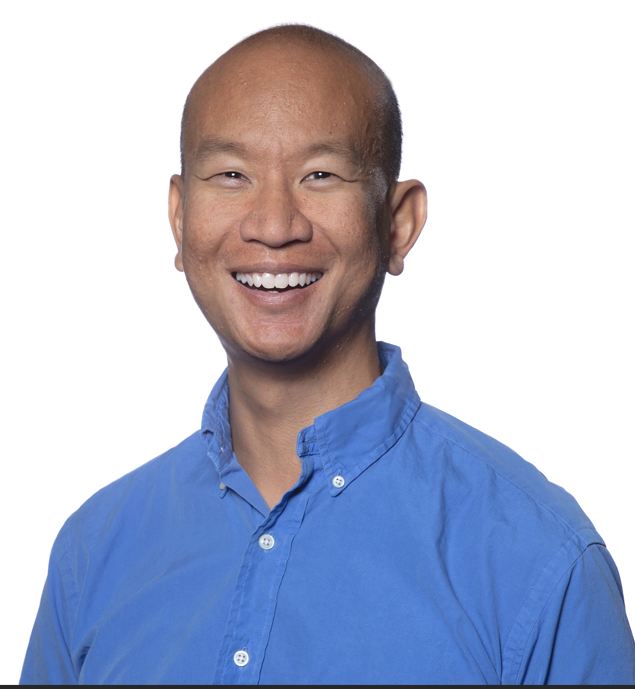
Ken Sutha, MD, PhD (He/Him)
Instructor, Stanford University School of Medicine
Ken Sutha, MD, PhD is a pediatric nephrology physician scientist and two-time kidney transplant recipient. He is passionate about mentorship and disability advocacy, serving as co-chair of Stanford Medicine Alliance for Disability Inclusion and Equity (SMADIE) and also co-founding the Disability in Medicine Mutual Mentorship Program (DM3P).
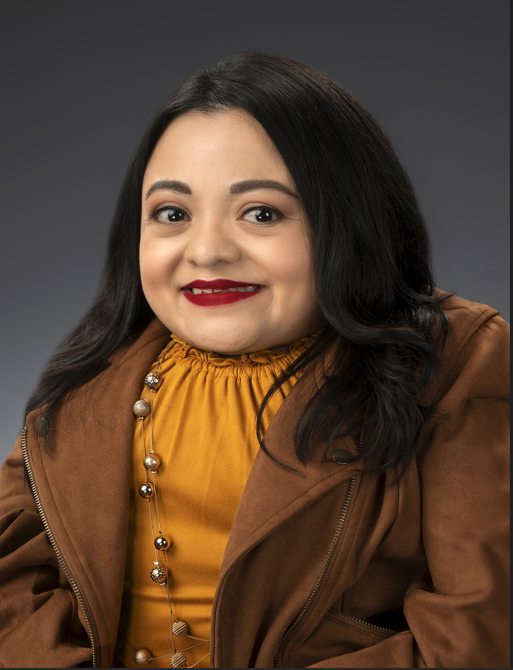
Jocelyn Gomez, PsyD (She/Her/Ella)
Assistant Professor of Pediatrics, Baylor College of Medicine/Texas Children’s Hospital
Jocelyn Gomez, Psy.D., is an assistant professor of Pediatrics at Baylor College of Medicine and a pediatric psychologist at Texas Children’s Hospital. Dr. Gomez provides psychological services in English and Spanish to patients and families impacted by acute and chronic pain conditions. Dr. Gomez's research interest includes health equity among pediatric Latinx population and use of virtual reality for pain management.
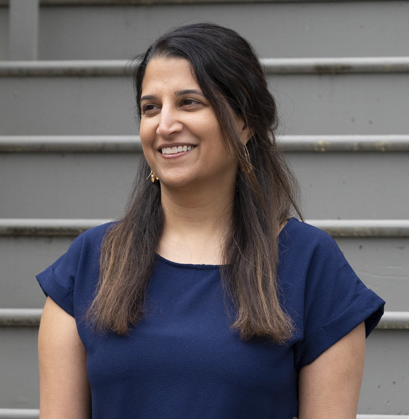
Rupa S. Valdez, PhD (She/Her)
Professor, University of Virginia
Dr. Rupa S. Valdez is a professor at the University of Virginia with joint appointments in the School of Engineering and Applied Sciences and the School of Medicine and serves as president of the Blue Trunk Foundation. Dr. Valdez merges the disciplines of human factors engineering, health informatics, and cultural anthropology to understand and support the ways in which people manage health at home and in the community. Her work draws heavily on community engagement with community organizations and individuals from multiple health disparity populations, and has been supported by the NIH, AHRQ, NSF, and the USDA, among others. She has testified before Congress on the topic of health equity for the disability community and received the Jack A. Kraft Innovator Award from the Human Factors and Ergonomics Society (HFES). Among other appointments, she serves as associate editor for the Journal of American Medical Informatics Association Open, on the Board of Directors for the American Association of People with Disabilities, and as an advisor for PCORI’s Patient Engagement Advisory Panel and for NCQA’s Health Equity Expert Work Group.
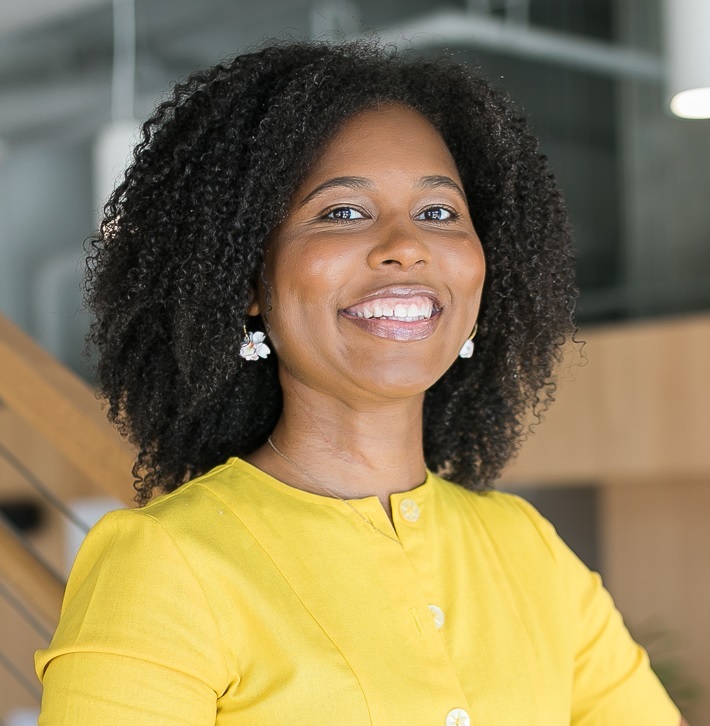
Diana Cejas, MD, MPH (She/Her)
Assistant Professor of Neurology, University of North Carolina at Chapel Hill School of Medicine
Diana M. Cejas, MD, MPH is an Assistant Professor of Neurology at the University of North Carolina at Chapel Hill and faculty of the Carolina Institute for Developmental Disabilities. Her clinical work, research, and advocacy focus upon understanding the effects of ableism on health and improving care delivery and outcomes for children and young adults with neurodevelopmental disabilities. Dr. Cejas has also devoted much of her career to patient advocacy and improving communication between healthcare providers and the disability community, particularly young disabled patients of color. Dr. Cejas shares her own story and other commentary on disability and health via essays and other nonfiction.
-
Contains 2 Component(s) Recorded On: 04/22/2024
In this webinar, DRPs will share their experiences and perspectives in supporting people with disabilities in academic medicine, explain the structures in place at health professions institutions to advance disability access and inclusion, and demystify the process for students and advanced trainees.
Disability Resource Professionals (DRPs) are the designated leaders at health professions institutions who facilitate access for individuals with disabilities, including students in MD and PhD programs and advanced trainees. DRPs lead the interactive process of determining reasonable accommodations and removing disability-related barriers. In their role, DRPs utilize creativity, leadership, and their knowledge of medical education, clinical, and research environments to progress towards achieving equity for the disability community and creating accessible environments where people with disabilities can thrive in medicine and research.
This webinar will be moderated by Dr. Lisa Meeks, who will lead the discussion with experienced DRP panelists, Dr. William H. Eidtson, Kara James, Sarah Triano, and Jennifer T. Biggers. In this webinar, DRPs will share their experiences and perspectives in supporting people with disabilities in academic medicine, explain the structures in place at health professions institutions to advance disability access and inclusion, and demystify the process for students and advanced trainees.
Learning Objectives:
- Gain awareness and understanding of why medical schools need DRPs, how to find DRPs, and DRPs’ roles in supporting students and advanced trainees at AAMC member institutions.
- Learn how health professions institutions can advance disability access and inclusion from the perspectives of DRPs.
- Highlight how people with disabilities can look to DRPs at their institutions for accessibility support.
About IDEAS
The AAMC IDEAS Learning Series provides actionable information about strategies that you can put into practice to become a more effective and successful leader, educator, and member of the academic medicine community.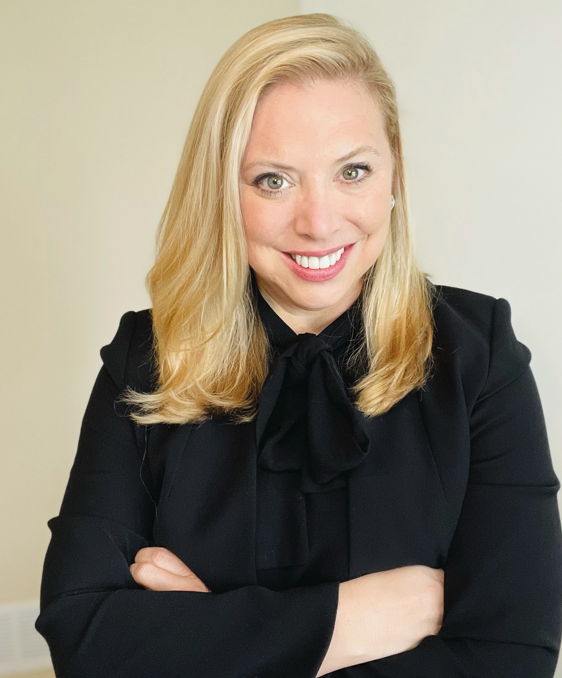
Lisa Meeks, PhD, MA (She/Her)
Associate Professor of Learning Health Sciences, University of Michigan
Dr. Meeks is a Clinical Associate Professor in the Departments of Learning Health Sciences and Family Medicine at the University of Michigan Medical School and Executive Director of the Docs with Disabilities Initiative (DWDI). In these roles she heads the Meeks Research Lab and oversees nine programs within the initiative. Meeks is internationally recognized for her work on disability inclusion in Medical Education and regularly collaborates with health professions associations. She is co-creator of the social media campaign #DocsWithDisabilities, co-host of the Docs with Disabilities Podcast, co-developer of the AAMC Disability Webinar Series, and lead author and PI of the AAMC Special Report: Accessibility, Inclusion, and Action in Medical Education: Lived Experiences of Learners and Physicians with Disabilities and Disability Lead for the ACGME Equity Matters Initiative. Currently, she serves as an advisor to the ACGME committee on DEI.
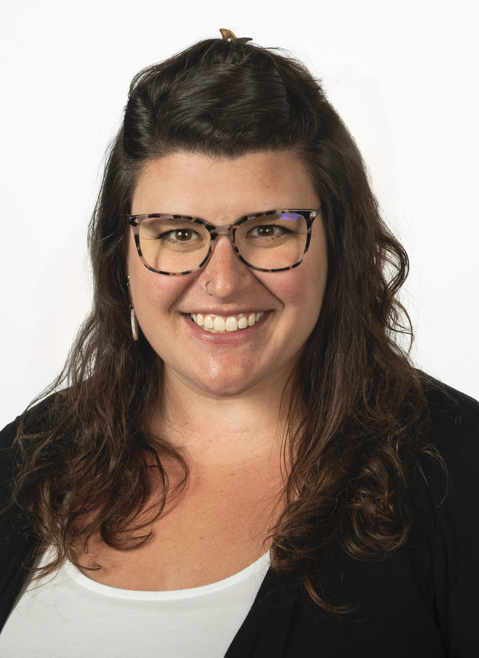
Sarah Triano, MS, NCC, LPC (She/Her)
Director, Center for Learning Excellence, Geisinger Commonwealth School of Medicine
Sarah Triano, MS, NCC, LPC, is the Director of the Center for Learning Excellence at Geisinger College of Health Sciences where she oversees the disability services for the school’s nursing, Doctor of Medicine, and master’s in biomedical sciences programs. Sarah is co-chair of Access in Medicine (AIM), a program of the Doctors With Disabilities Initiative (DWDI), a working group focused on creating resources and guidance to improve equitable opportunities for students with disabilities and is passionate about creating a welcoming, inclusive, and accessible space for students with disabilities in medicine and health science programs.
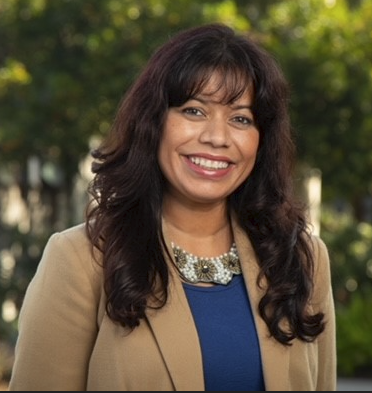
Jennifer T. Biggers, MEd (She/Her/Ella)
Lead Disability Specialist, University of California, Riverside
Jennifer Biggers is the lead disability specialist at the Student Disability Resource Center at University of California-Riverside. Jennifer works with students with psychological disabilities, chronic health conditions, and learning disabilities. She works with learners in medical education along with students in graduate and professional programs.
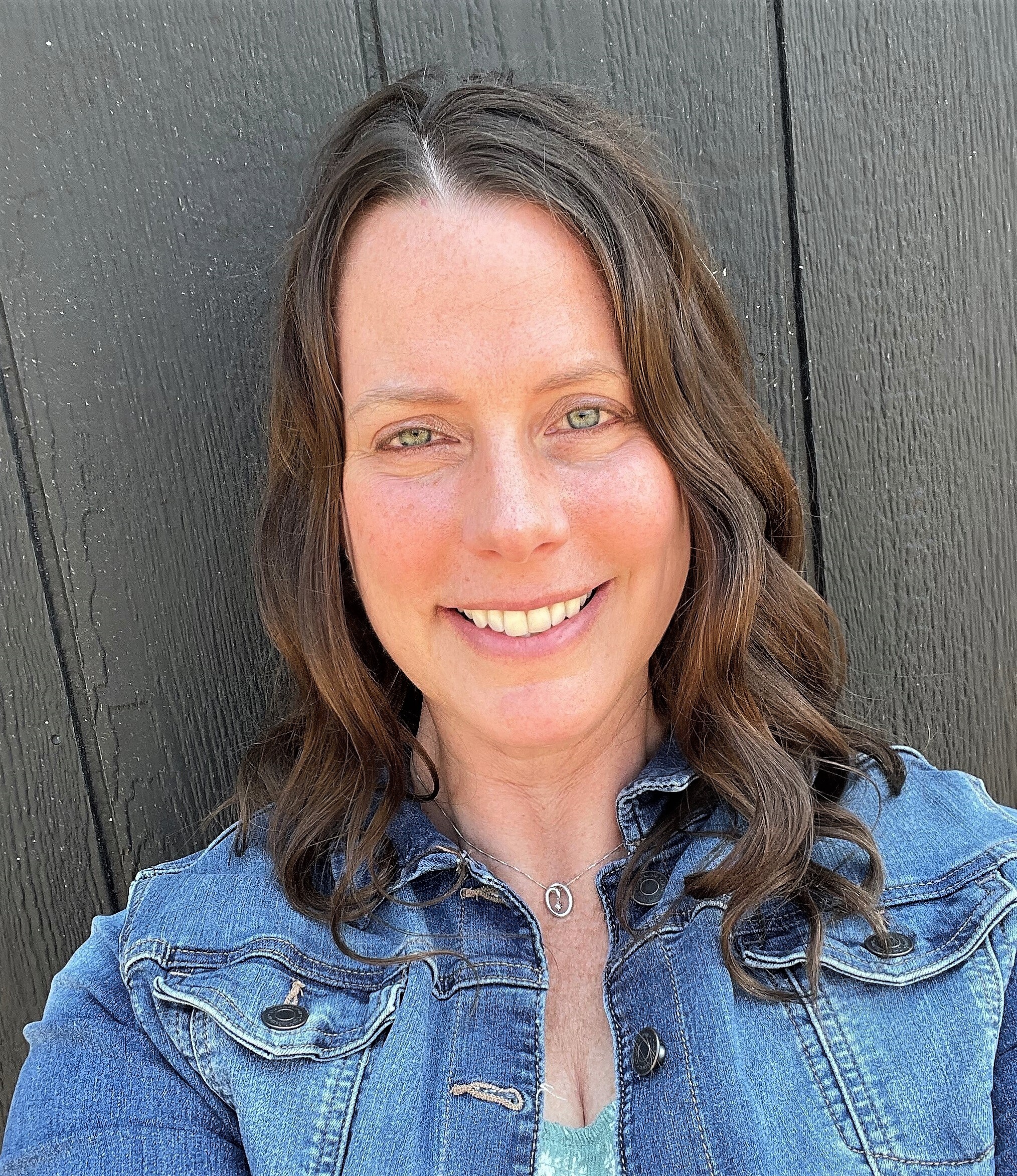
Kara James, MS, CRC (She/Her)
Disability Access Resource Specialist, Mayo Clinic College of Medicine and Science
Kara serves as a Disability Access Resource Specialist at Mayo Clinic College of Medicine and Science, bringing over two decades of experience in higher education disability services. Kara has actively participated, including mentoring new professionals and professional development in various projects within the Association on Higher Education and Disability (AHEAD), and as a distinguished member of the inaugural DRP Academy in 2022-2023. She currently holds the role of Co-Chair for the Docs With Disabilities Initiative – Access In Medicine (AIM) program. For Kara, fostering equitable and inclusive environments is not just a professional obligation but a genuine passion and life's mission. Her dedication extends to collaborative efforts, where she enjoys learning, growing with others, and collectively integrating disability into the diverse fabric of our surroundings.
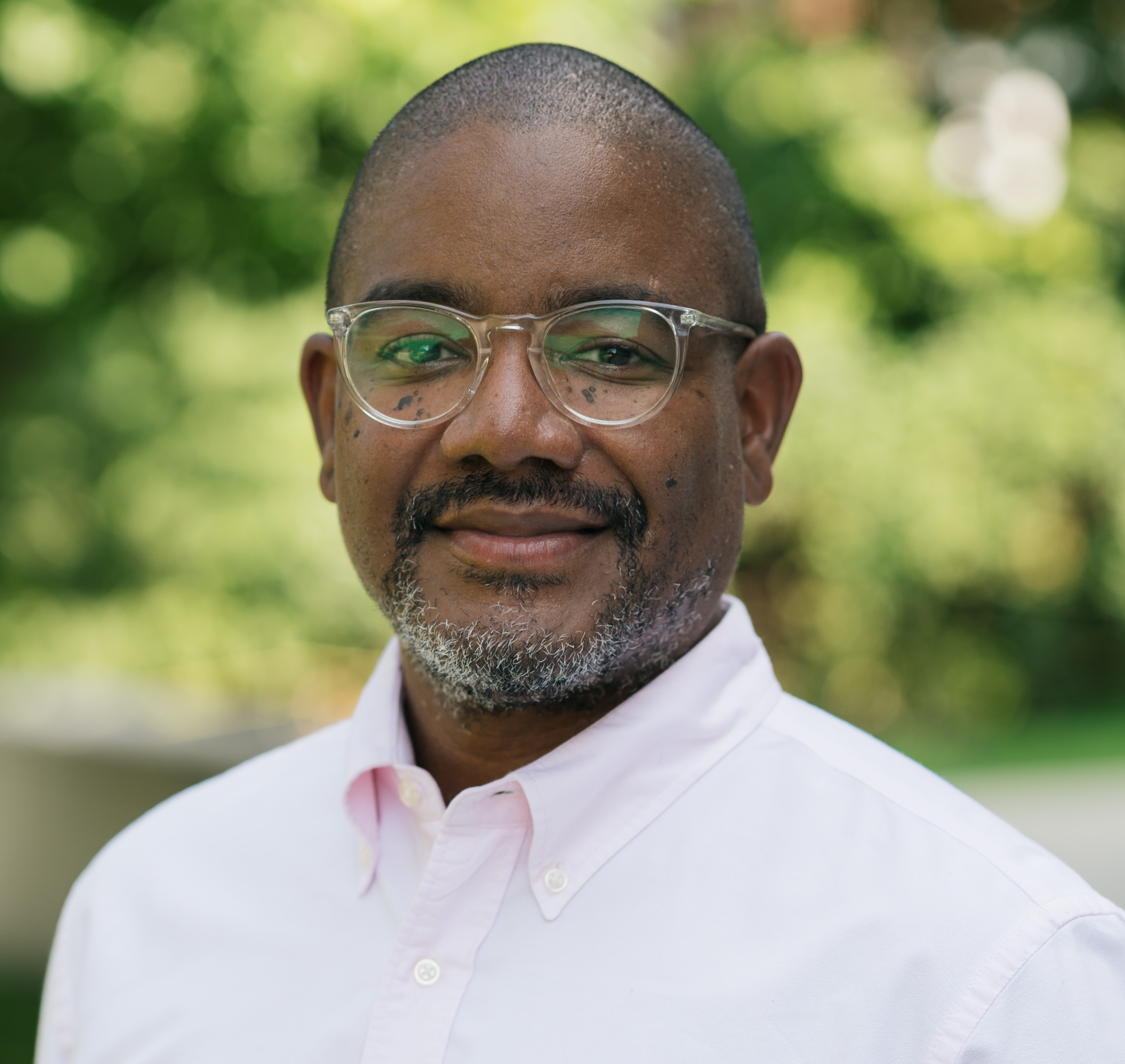
William H. Eidtson, EdD (He/Him)
Assistant Dean, Academic Advising; Assistant Professor of Medical Education, Geisel School of Medicine at Dartmouth
William Eidtson is Assistant Professor of Medical Education and Assistant Dean for Academic Advising at Geisel School of Medicine at Dartmouth College. Dr. Eidtson teaches learning strategies and supports students, faculty, and staff with disability and accessibility related concerns. His current research explores the connections between modifiable behaviors and academic performance, as well as the intersections of learning support and universal design. Dr. Eidtson holds a doctorate in education from Teachers College, Columbia University as well as degrees from the University of Wisconsin-Madison and New College of Florida.
-
Contains 2 Component(s) Recorded On: 04/30/2024
In this webinar, learners with disabilities will discuss their experiences applying to and entering medical school and residency, ways they have found support and mentorship at their institutions, challenges they have faced on their journeys, and their work and leadership enhancing genuine disability access and inclusion in medicine.
Medical students and residents with disabilities play crucial roles as future leaders in healthcare, driving efforts to promote health equity and enhance the presence of physicians with disabilities. In this webinar, learners with disabilities will discuss their experiences applying to and entering medical school and residency, ways they have found support and mentorship at their institutions, challenges they have faced on their journeys, and their work and leadership enhancing genuine disability access and inclusion in medicine.
Learning Objectives:
- Understand the significance of the representation of medical students and residents with disabilities in healthcare settings.
- Learn about the experiences and perspectives of medical students and residents with disabilities in navigating their programs and finding support at their institutions.
- Reflect on ways institutions can improve accessibility, inclusion, and support for learners with disabilities.
- Gain insight into how medical students and residents can be allies for their peers with disabilities.
About IDEAS
The AAMC IDEAS Learning Series provides actionable information about strategies that you can put into practice to become a more effective and successful leader, educator, and member of the academic medicine community.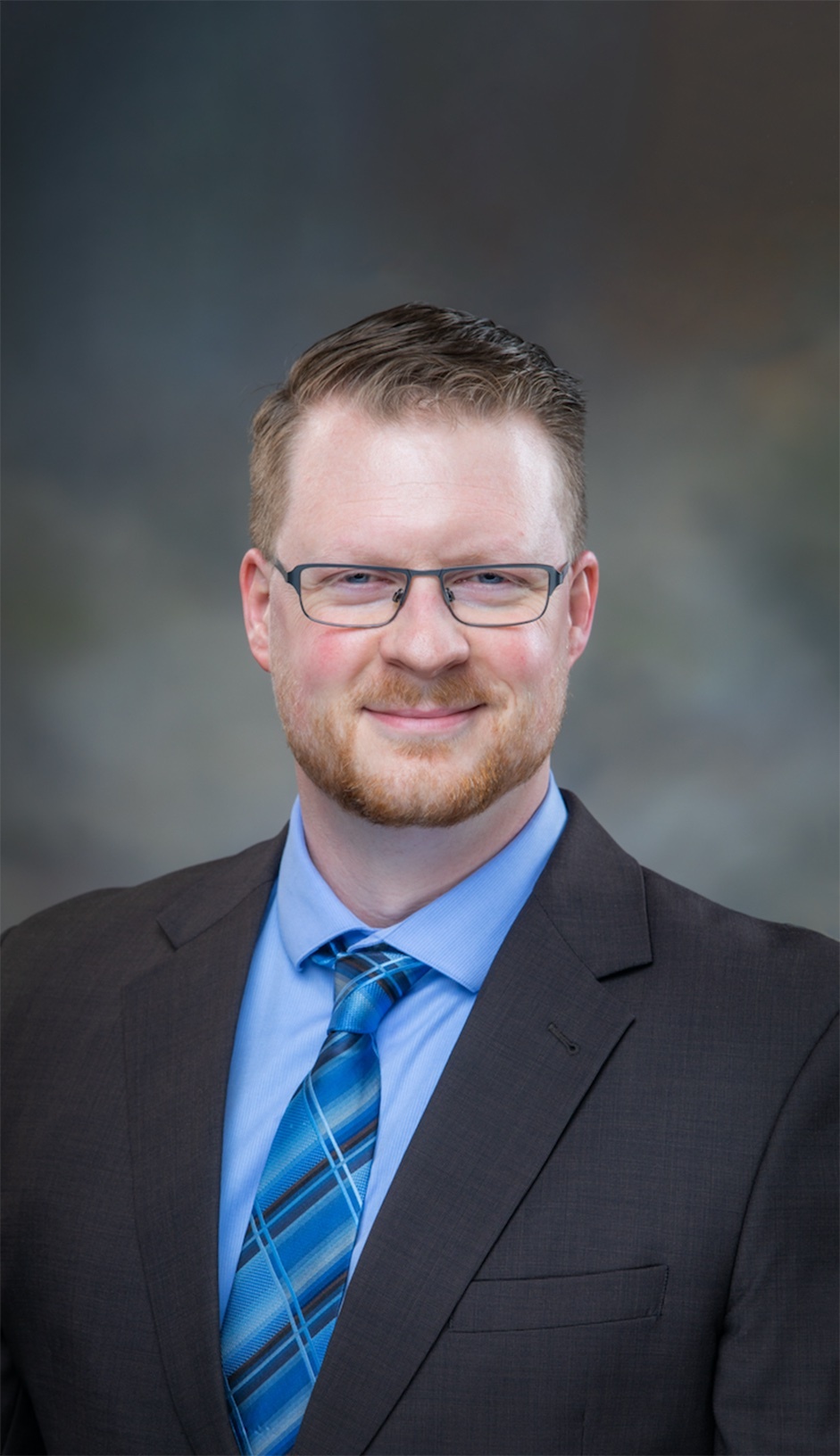
Christopher Moreland, MD, MPH (He/Him)
Professor, Internal Medicine, The University of Texas at Austin Dell Medical School
Chris Moreland is a professor of internal medicine and hospitalist at Dell Medical School. He also serves as associate residency program director and interim division chief for hospital medicine. As a deaf physician, his collaborative advocacy and research have focused on the experiences, access, and trajectory of people with disabilities as healthcare professionals and as patients.
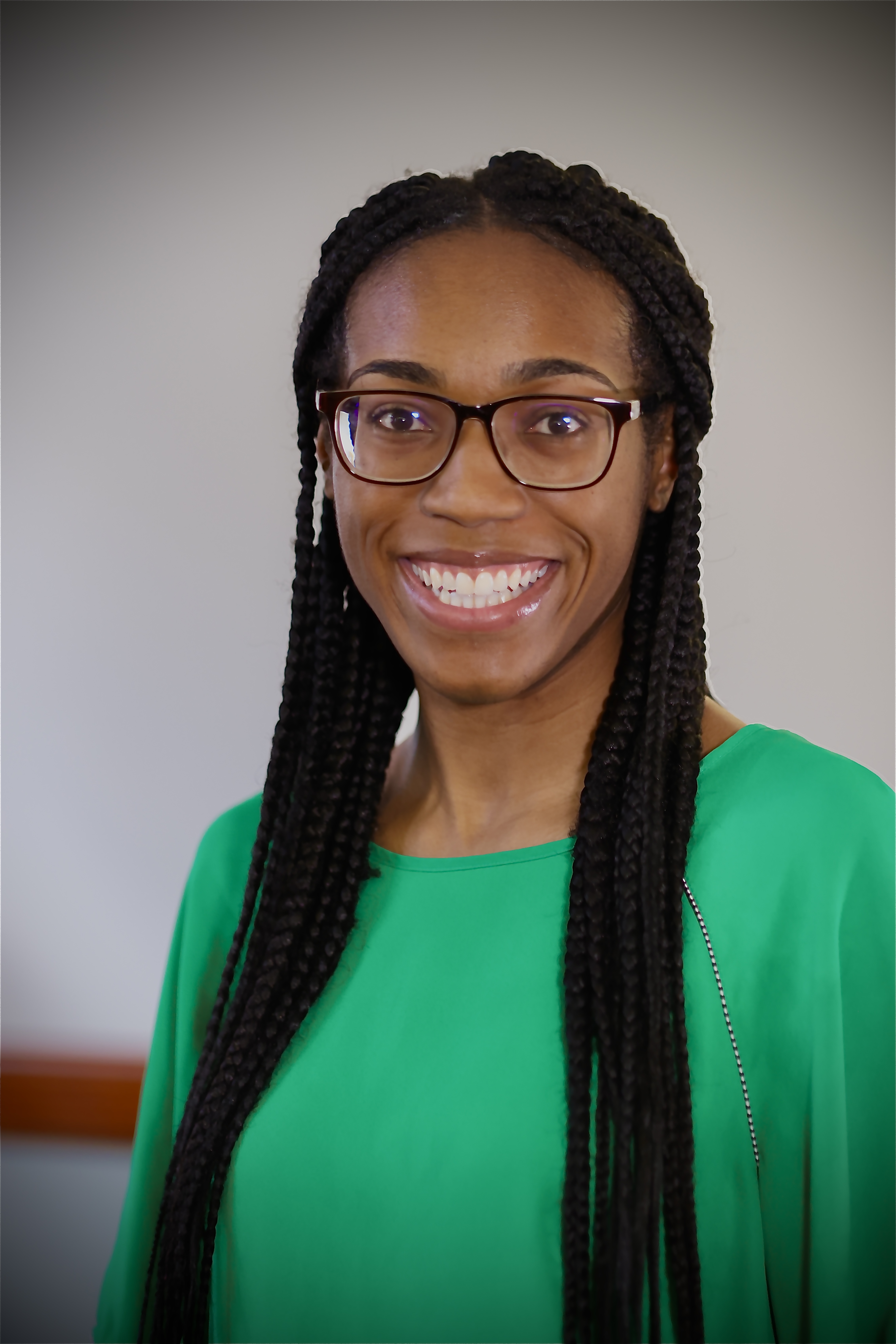
Ifeoma Ikedionwu, BS (She/Her)
M.D. Candidate, The University of Chicago Pritzker School of Medicine
Ifeoma is a third-year medical student particularly interested in advancing racial and socioeconomic equity, disability justice, sexual health awareness, and mental health destigmatization. She intentionally works from the perspective of how systemic factors impact these related topics through volunteering, research, and advocacy.
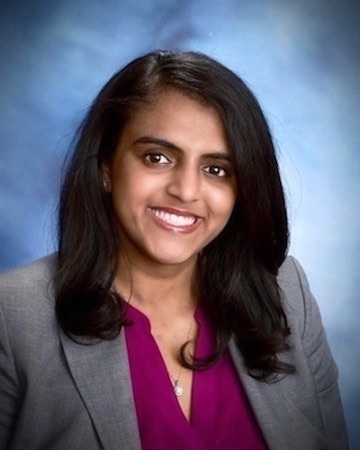
Zainub Dhanani, MS (She/Her)
M.D. Candidate, Stanford University School of Medicine
Zainub Dhanani is a medical student at Stanford School of Medicine and a recent graduate of its MS Health Policy program. She is the founder of the annual Stanford Conference on Disability in Healthcare and Medicine as well as the founder and board chair of the national nonprofit student-led disability advocacy organization, Medical Students with Disability and Chronic Illness (MSDCI). She has a keen interest equitable design of health systems as well as wellness and belonging amongst healthcare professionals and trainees.
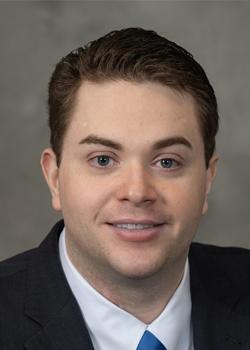
Christopher Connolly, MD, MBA, MS (He/Him)
Combined Pediatrics & Medical Genetics Resident, Michigan Medicine
Chris is a C5-C6 incomplete quadriplegic, Chicago native, and graduate of Stanford University (BS/MS) and the University of Michigan (MD/MBA). While in medical school, Chris interned for the United States Senate and worked with Illinois lawmakers on improving fair housing opportunities for people with disabilities. In addition, through his business career, Chris has developed assistive technologies for clinicians with disabilities and worked in clinical development for an artificial intelligence-enabled protein engineering company that is developing therapeutics for people with rare diseases. Chris is currently a resident in Pediatrics & Medical Genetics at Michigan Medicine where he also serves on the medical school’s technical standards committee.
